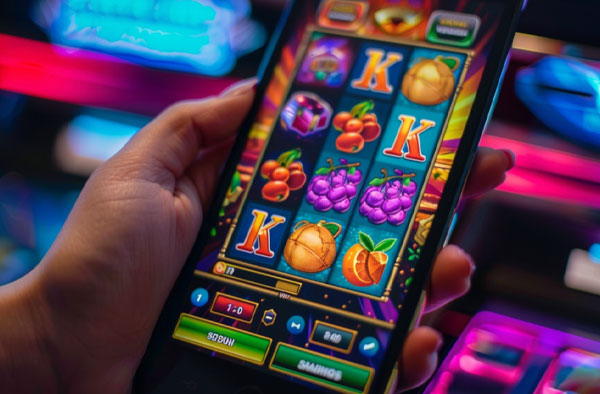In the past few decades, the world of entertainment has seen a dramatic shift, and one of the most influential drivers of this change has been online gaming. What started as simple arcade-style games has evolved into a multi-billion dollar industry, impacting not just the way people play but also how they socialize, learn, and even work KOIN 555. The immersive experiences offered by online games have redefined digital entertainment, bringing people together from all corners of the globe to engage in shared experiences, foster communities, and push the boundaries of creativity. But what exactly makes online gaming so captivating, and how has it reshaped modern culture?
The Rise of Online Gaming
Online gaming’s history can be traced back to the early days of the internet, where multiplayer games first began to emerge. Titles like Quake and Diablo in the late 1990s and early 2000s marked the beginning of a new era, allowing players to connect across local networks or dial-up connections. However, it wasn’t until the advent of broadband internet that online gaming truly began to flourish, with more stable and faster connections making multiplayer experiences smoother and more enjoyable.
The introduction of massively multiplayer online games (MMOs) like World of Warcraft (2004) marked a pivotal moment in the development of online gaming. These immersive, persistent worlds allowed players to not only engage in combat and exploration but also to form guilds, trade items, and build lasting relationships. Games like these became cultural phenomena, with millions of players logging in daily to embark on grand adventures together.
Gaming Genres: A Diverse World of Choices
One of the main reasons online gaming has become so popular is the sheer diversity of genres available to players. Whether you enjoy action-packed shooters, intricate role-playing games, strategy games, or even social simulators, there’s an online game for almost every taste and preference.
- First-Person Shooters (FPS): Games like Call of Duty, Counter-Strike, and Overwatch are renowned for their intense action, teamwork, and competitive play. These games often feature fast-paced combat, requiring players to hone their reflexes, coordination, and strategic thinking. Competitive eSports leagues, including tournaments with multimillion-dollar prize pools, have further elevated the popularity of these titles.
- Battle Royale: The Battle Royale genre, popularized by games like Fortnite, Apex Legends, and PUBG, introduced a new twist on survival gameplay. In these games, players are dropped onto large maps and must fight to be the last one standing. The concept of a shrinking play area and random loot adds unpredictability and excitement to each match.
- Massively Multiplayer Online Role-Playing Games (MMORPGs): Games like World of Warcraft, Final Fantasy XIV, and The Elder Scrolls Online transport players into massive, open-world environments where they can explore, battle, and interact with other players. These games often have deep storylines, complex character progression systems, and social elements that create long-term player engagement.
- Strategy Games: Titles like League of Legends, Dota 2, and StarCraft II require players to use tactical thinking and teamwork to outmaneuver opponents. These games, particularly in the realm of real-time strategy (RTS) and multiplayer online battle arenas (MOBA), have gained massive followings due to their deep mechanics and the high skill ceilings they offer.
- Social and Casual Games: Online games like Among Us, Animal Crossing: New Horizons, and Minecraft offer more laid-back, socially driven experiences. These games emphasize creativity, collaboration, and fun over intense competition, making them appealing to a wide range of players, including those who don’t typically identify as “gamers.”
The Social Aspect: Building Communities
One of the most significant changes brought about by online gaming is the rise of virtual communities. Multiplayer games allow players to connect not just with their friends, but with people from all around the world. This interconnectedness fosters new friendships, collaborations, and even romantic relationships. Guilds, clans, and in-game societies have become central to many games, where players form tight-knit groups to tackle challenges, share experiences, and enjoy social interaction in a digital space.
The social nature of online gaming has extended beyond the game itself, with streaming platforms like Twitch and YouTube Gaming allowing gamers to broadcast their gameplay to millions of viewers. These platforms have turned gamers into celebrities, with some personalities amassing large followings and making careers out of their gaming content.
Moreover, games like Fortnite have demonstrated how online gaming can transcend the digital realm and become a cultural event. Virtual concerts, live events, and in-game celebrations have turned games into platforms for entertainment that go beyond traditional gameplay.
